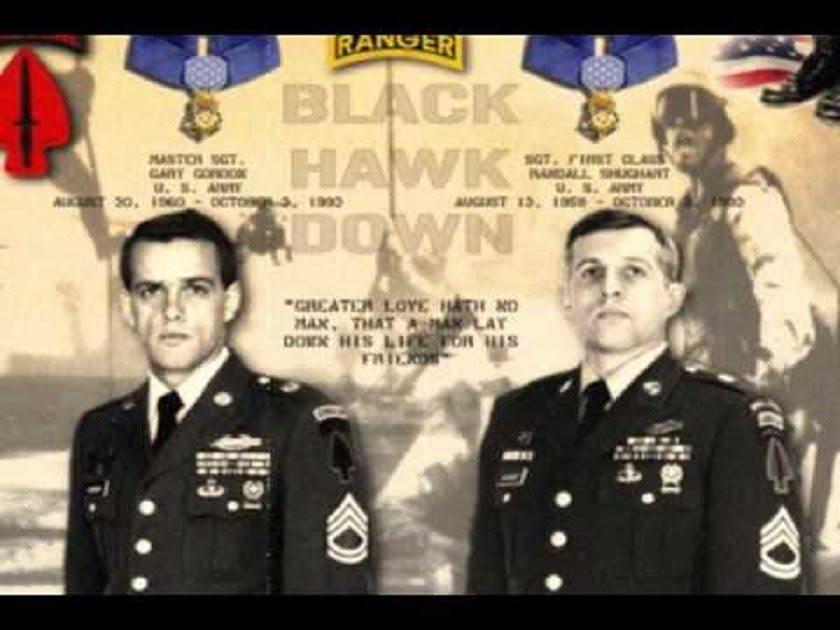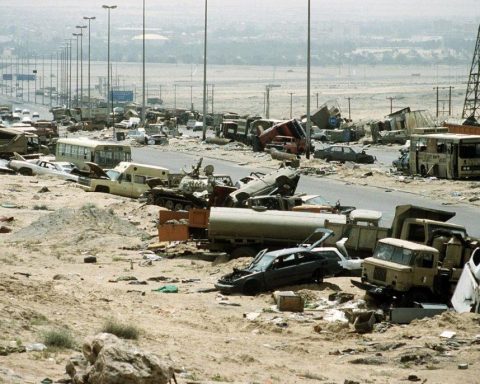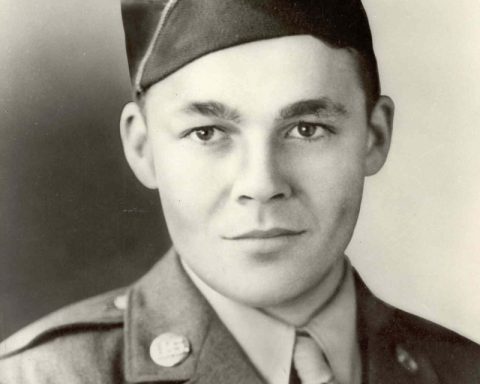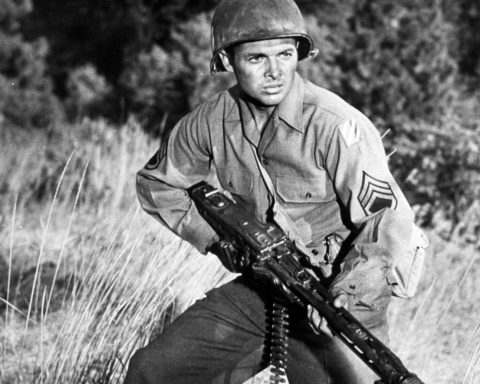The story of courage and self-sacrifice is best portrayed in the heroic story of MSG Gordon and SFC Shughart. Two Delta snipers fought and died in the Battle of Mogadishu. For their acts, they were awarded the highest military decoration, Medal of Honor, for the first time after the Vietnam War.
Act of valor
Master Sergeant Gary Ivan Gordon and Sergeant First Class Randall David Shughart, both members of the 1st SFOD-D, were part of the Task Force engaged in Operation Gothic Serpent (later known as Battle of Mogadishu) during the U.S. intervention in Somalia on October 3, 1993.
They were tasked to provide sniper support from the air during the battle, but things went wrong after two Black Hawk helicopters were shot down. At one point, MSG Gordon and SFC Shughart requested permission to land near the second helicopter crash site and defend the crash site and four critically wounded helicopter crew members. They did that, even though large numbers of armed Somali militia were converging the area.
On the first call, mission commanders denied their request to go there and protect the site of the downed helicopter until reinforcements arrived. The Mission commander said that the situation was already too dangerous for the Delta snipers to safeguard the Blackhawk crew from the ground effectively… But, they insisted!
Black Hawk Down
At the time, MSG Gordon was Sniper Team Leader during a joint-force assault mission to apprehend key advisers to Somali warlord Mohamed Farrah Aidid and the warlord himself if possible. The first phase of the assault went well, but shortly after an initial step, one of the Army’s Black Hawk helicopters providing insertion and air support to the assault team, was shot down and crashed the downtown in the hostile controlled area. Helicopter with call sign Super 61 (Super Six One).
A CSRT (Combat Search and Rescue team) was dispatched to the first crash site to secure it, and a short time later, another Black Hawk, Super 64 (Super Six Four), was shot down as well. Available Ranger forces on the ground could not assist the downed helicopter crew of the second crash site as they were already engaged in heavy combat with Somali’s militia and making their way to the first crash site.
Critical Request
The MSG Gary Gordon and his Delta Force sniper teammates SFC Randall Shughart and SFC Brad Hallings, who were providing sniper cover from the air, wanted to be dropped at the second crash site to protect the four critically wounded crew. However, large numbers of armed, hostile Somalis were converging on the area.
Mission commanders denied their request; in fact, they said that the situation was already too dangerous for the three Delta snipers to effectively protect the Blackhawk crew from the ground because overwhelming Somali militias outnumbered them. The Command’s position was that three of them could be of more assistance by providing air cover.
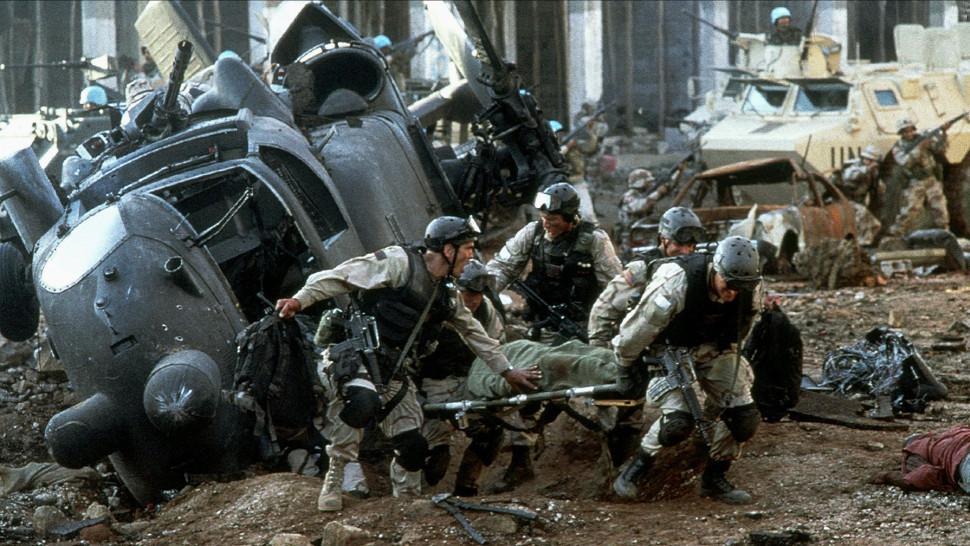
Gary Gordon, however, concluded that there was no way the downed Black Hawk crew could survive on their own because they were outnumbered and critically wounded. He kept repeating his request twice until he finally received permission to engage. SFC Brad Hallings assumed a minigun’s control after a crew chief was injured and was not inserted with Randy Shughart and Gary Gordon. They were at the Black Hawk with the call sign Super 62 (Super Six Two).
On the ground
Once on the ground, they were armed with only their weapons and sidearms. Randy Shughart and Gary Gordon fought their way to the downed Blackhawk. By this time, more Somali militiamen were arriving intent on either capturing or killing the American servicemen. When they reached the downed Super 64, Gordon and Shughart extracted the pilot, Chief Warrant Officer Michael ‘Mike’ Durant, and the other crew members from the aircraft. They established a defensive perimeter around the crash site.
In 2003, Michael Durant published a book, ‘In the company of heroes’ where he described events on that day on how he saw it.
Final moments
Despite having inflicted heavy casualties against the Somalis, the two Delta snipers were too outnumbered and outgunned. Their ammunition nearly depleted, Gordon and Shughart were killed by Somali militias gunfire. Later investigation and reconstruction concluded that Gordon was the first to be killed.
His teammate Randy Shughart retrieved Gordon’s CAR-15 and gave it to Michael Durant to use. Shortly after, Randy Shughart was killed, and Durant was taken alive. Immediately after the battle, the Somalis counted at least 25 of their men dead, with much more severely wounded.
Gary Gordon and Randy Shughart were the only soldiers participating in Operation Gothic Serpent (Battle of Mogadishu) to receive the military’s highest honor and the first Medal of Honor recipients since the Vietnam War.
Gary I. Gordon and Randall D. Shughart were true warriors and the finest American heroes. They become legends.
Master Sergeant Gary Ivan Gordon
Master Sergeant Gary Ivan Gordon was born on August 30, 1960, and died on October 3, 1993, in Mogadishu, Somalia. He is a posthumous recipient of the Medal of Honor. At his death, he was a non-commissioned officer in the United States Army’s premier special operations unit, the 1st Special Forces Operational Detachment-Delta (1SFOD-D), also known as Delta Force. He was awarded the Medal of Honor with Sergeant First Class Randy Shughart for heroic actions he performed during Operation Gothic Serpent (Battle of Mogadishu) in October 1993.
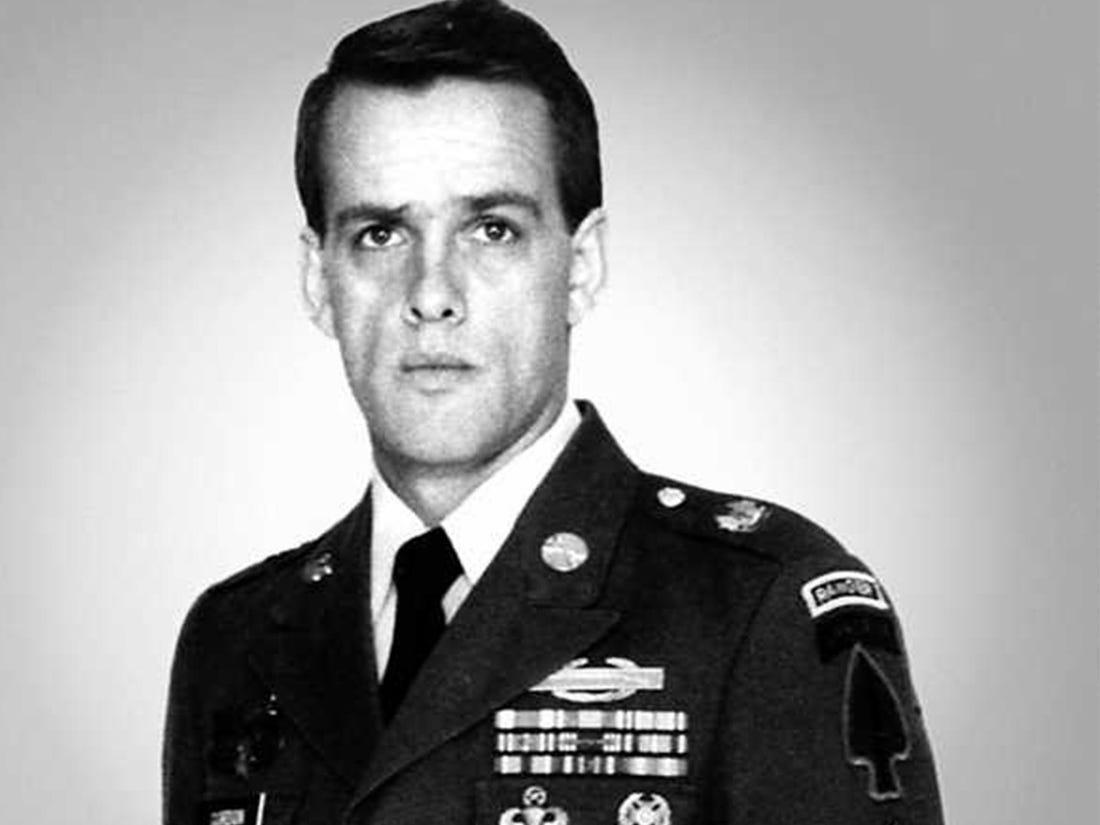
Gary I. Gordon was born in Lincoln, Maine, and graduated from Mattanawcook Academy in 1978. He enlisted in the U.S. Army the same year at age 18, and after serving with the 2nd Battalion of the 10th Special Forces Group, he was chosen to join the 1st SFOD-D (Delta Force) as a sniper. Before deploying with his unit to Somalia, he married his wife Carmen, and together they had two children.
Sergeant First Class Randall David Shughart
Sergeant First Class Randall David Shughart was born on August 13, 1958, and died on October 3, 1993. He was a soldier in the United States Army special operations unit, the 1st SFOD-D (Delta Force). Randall D. Shughart posthumously received the Medal of Honor and Gary I. Gordon for their heroic actions during the Battle of Mogadishu in October 1993.
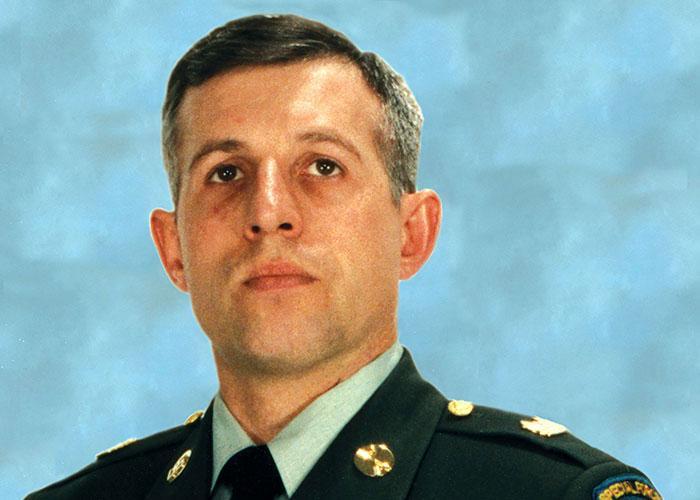
Randy Shughart was born in Lincoln, Nebraska, into an Air Force family. After his father, Herbert Shughart, left the Air Force, the Shughart’s moved to Newville, Pennsylvania, to live and work on a dairy farm. He joined the Army while attending Big Spring High School in Newville, entering upon graduation in 1976. After completing the introductory training courses, Shughart completed AIT (advanced individual training), Airborne School, and in 1978 assigned to the 2nd Ranger Battalion, 75th Ranger Regiment, at Fort Lewis, Washington.
Several months later, he completed a pre-ranger course (currently known as SURT, Small Unit Ranger Tactics), was granted a slot to attend Ranger School, graduated, and earned the Ranger Tab. Shughart left active duty and went into the Army Reserve in June 1980. In December 1983, Shughart returned to active duty and the following year attended Special Forces training. Shughart was assigned to 1st SFOD-D (Delta Force) and transferred to Fort Bragg, North Carolina, in June 1986.
Shughart deployed to Mogadishu, Somalia, in 1993 as part of Task Force Ranger operations.
Black Hawk Down movie
Both Delta snipers, Gary Gordon and Randy Shughart, are portrayed in the Hollywood blockbuster Black Hawk Down. Ridley Scott directed the movie. The scenario-based is on Mark Bowden’s bestseller Black Hawk Down: A Story of Modern War. From the start of the mission up until nightfall, the movie sticks close to the book.
The thoroughness of the pages after the story in the book all seem to indicate that Mark Bowden wrote it very, very diligently.
The main divergence in the movie is that more is that some people were shown doing things others did:
- Eversmann is the clearest example of this. He was not there at night since he was on the convoy that finally returned to base after failing to reach the crash site.
- Hoot seems to be a merge of Hooten and Howe in the book, which features more prominently in the book than Hooten. (from the Bowden’s notes: this is because he was at most liberty to talk about the events)
- Some of the things happening in convoy getting lost seem to be consolidated onto McKnight.
In the end, the movie won 2 Oscars in 2001.

